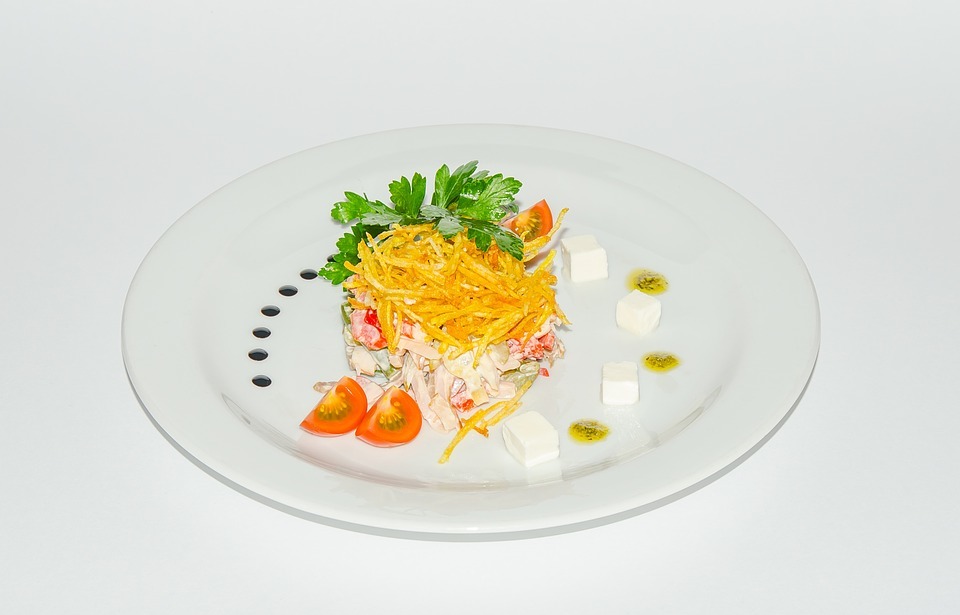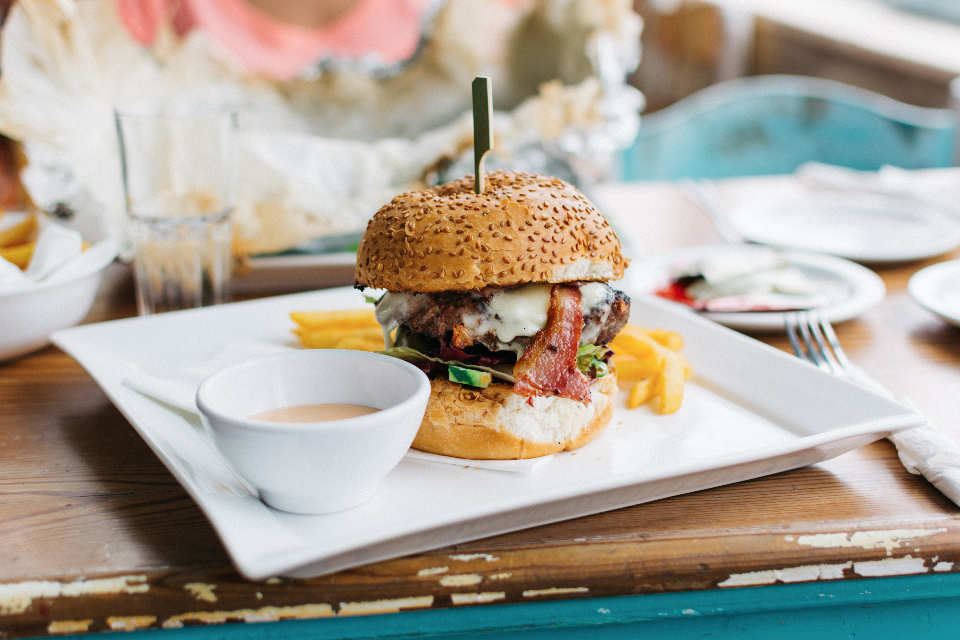This article explores the question of whether cats can safely consume bacon, a popular breakfast treat enjoyed by many humans. We delve into the nutritional content of bacon, examining its potential benefits and risks for feline companions. We'll explore the potential dangers associated with feeding bacon to cats, including the risk of pancreatitis, obesity, and other health issues. We will also look at the potential for bacon to cause an upset stomach or diarrhoea in cats, and discuss whether any bacon is safe for cats to consume. Finally, we will provide a comprehensive list of frequently asked questions related to cats and bacon consumption.
Part 1: Bacon's Nutritional Content and Potential Benefits

1.1 Nutritional Value of Bacon
Bacon is primarily composed of fat and protein, with a high proportion of saturated fat. While it contains some essential nutrients like thiamine, niacin, and iron, the high fat content far outweighs any potential benefits for cats. Here's a breakdown of the approximate nutritional composition of a typical slice of cooked bacon:
Fat: 6 grams (approximately 80% of calories)
Protein: 3 grams
Thiamin: 0.1 mg
Niacin: 2 mg
Iron: 1 mg
1.2 Potential Benefits for Cats
Bacon offers no nutritional benefits for cats. Cats are obligate carnivores, meaning their bodies are designed to thrive on a diet consisting primarily of animal-based protein. Cats need a high percentage of animal protein (around 30-40%) in their diet, along with essential fatty acids, vitamins, and minerals. While bacon contains some protein, it's not a balanced source of the essential nutrients that cats need.
1.3 Importance of a Balanced Diet
A balanced diet for cats should consist of high-quality, commercially prepared cat food formulated specifically for their needs. These foods are designed to provide the correct proportions of protein, fat, vitamins, and minerals to support optimal health and growth.
Part 2: Potential Risks of Feeding Bacon to Cats

2.1 High Fat Content: The Biggest Risk Factor
Bacon is extremely high in fat, especially saturated fat. This can lead to several serious health problems in cats, including:
2.1.1 Pancreatitis: Inflammation of the Pancreas
The high fat content in bacon can overwhelm a cat's pancreas, leading to inflammation, a condition known as pancreatitis. Pancreatitis is a painful and potentially life-threatening condition that can cause vomiting, diarrhoea, abdominal pain, lethargy, and loss of appetite.
2.1.2 Obesity: Excessive Weight Gain
Excessive fat intake can contribute to obesity in cats. Obesity is a major health concern, increasing the risk of several other diseases, including diabetes, joint problems, heart disease, and respiratory issues.
2.1.3 Other Health Issues: Liver and Kidney Problems
High fat diets can also put strain on a cat's liver and kidneys, potentially leading to problems like fatty liver disease and kidney disease.
2.2 Salt Content: A Potential Health Hazard
Bacon is typically high in salt, which can be harmful to cats. Excess salt can lead to:
2.2.1 Dehydration
Salt can dehydrate cats, leading to various health problems, including kidney issues and constipation.
2.2.2 High Blood Pressure
High salt intake can contribute to high blood pressure in cats, increasing the risk of heart disease and stroke.
2.3 Processed Meats and Additives: Potential for Irritants
Bacon is a processed meat that often contains various additives, preservatives, and flavour enhancers. These substances can be harmful to cats and may contribute to:
2.3.1 Digestive Issues: Upset Stomach and Diarrhoea
Additives and preservatives can irritate a cat's digestive system, leading to vomiting, diarrhoea, and other digestive problems.
2.3.2 Allergic Reactions: Skin Irritations and Respiratory Problems
Some cats may be allergic to certain ingredients in bacon, leading to allergic reactions such as skin irritation, itching, and respiratory problems.
Part 3: Bacon and Potential Digestive Issues

3.1 Upset Stomach and Diarrhoea: Common Reactions
Bacon's high fat content and potential for containing irritants can easily upset a cat's sensitive digestive system. This can lead to vomiting, diarrhoea, gas, and other digestive problems.
3.2 Food Poisoning: A Rare but Serious Risk
While rare, bacon can also be contaminated with bacteria like Salmonella and E. coli, which can cause food poisoning in cats. Symptoms of food poisoning in cats can include vomiting, diarrhoea, abdominal pain, fever, lethargy, and loss of appetite.
Part 4: Is Any Bacon Safe for Cats?
4.1 The General Consensus: A Firm No
Most veterinary experts strongly advise against feeding any bacon to cats. The risks associated with bacon consumption far outweigh any potential benefits, and there are no known safe amounts or preparations.
4.2 Small Amounts and Occasional Treats: Not Recommended
Some sources suggest that very small amounts of cooked, plain bacon, without added salt or spices, may be safe for cats on rare occasions. However, this is not generally recommended due to the inherent risks. The potential harm to a cat's health is simply not worth the small potential reward of a treat.
4.3 Alternative Treats: Safer and Healthier Options
There are many commercially available cat treats that are safe and healthy for cats. These treats are formulated with ingredients specifically designed to meet cats' nutritional needs and are typically lower in fat and salt.
Part 5: Alternatives to Bacon for Cat Treats
5.1 Cat-Safe Treats: Commercial Options
A wide variety of commercially available cat treats are safe and healthy for your feline friend. These treats are formulated with high-quality ingredients and tailored to meet cats' nutritional needs.
5.2 Homemade Treats: A Safe Alternative
If you want to make your own cat treats, there are several recipes available online. Ensure you use ingredients that are safe for cats and avoid any ingredients known to be toxic, such as onions, garlic, grapes, raisins, or chocolate. Some safe options include:
Chicken or Tuna: These are excellent sources of protein for cats. You can boil or bake chicken and tuna and then cut them into small, bite-sized pieces.
Salmon: Salmon is a great source of omega-3 fatty acids, which are beneficial for cats' skin and coat.
Pumpkin: Pumpkin is a good source of fiber, which can help with digestion.
Sweet Potato: Sweet potato is a good source of vitamins A and C.
Part 6: FAQs
6.1 Can kittens eat bacon?
No, kittens are even more susceptible to the negative effects of bacon than adult cats. Their digestive systems are still developing, making them particularly vulnerable to the high fat content and potential irritants in bacon.
6.2 What if my cat eats bacon accidentally?
If your cat eats bacon accidentally, monitor them closely for any signs of digestive upset, such as vomiting, diarrhoea, or loss of appetite. If you notice any concerning symptoms, contact your veterinarian immediately.
6.3 Can cats eat cooked bacon?
Cooked bacon is no safer for cats than raw bacon. The cooking process does not eliminate the high fat content or potential for irritants.
6.4 Can cats eat bacon grease?
Bacon grease is even more harmful to cats than bacon itself. It is extremely high in fat and can cause severe digestive problems and pancreatitis.
6.5 Is it OK to give my cat a little bit of bacon as a treat?
It's generally not recommended to give your cat bacon, even in small amounts. The risks outweigh the potential benefits, and there are safer and healthier alternatives for treats.
6.6 Can cats eat bacon-flavored treats?
Bacon-flavored cat treats are usually formulated with artificial flavours and are not a healthy option for your cat. Look for treats with natural flavours and ingredients specifically designed for feline nutrition.
Conclusion
While bacon may be a tasty treat for humans, it is not a safe or healthy food for cats. The high fat content, salt content, and potential for irritants and additives can lead to a range of health problems. It's best to avoid feeding bacon to your cat and choose safer and healthier alternatives for treats. By providing your feline companion with a balanced diet and avoiding harmful foods, you can ensure their optimal health and well-being.
Everyone is watching
-

Are Cat Ribs Flexible? Understanding Their Anatomy
CATS & KITTENSThis article delves into the fascinating world of feline anatomy, exploring the flexibility of cat ribs and ho...
-

Can Cats Eat Bananas? (Everything You Need to Know)
CATS & KITTENSThis article dives into the intriguing question of whether cats can safely enjoy the sweet, yellow fruit, bana...
-

Cat Lifespan: How Long Do Cats Live?
CATS & KITTENSThis comprehensive guide explores the factors influencing the lifespan of our feline companions, providing ins...
-

Can Cats Get COVID-19? What You Need to Know
CATS & KITTENSThis article will delve into the fascinating world of feline COVID-19 susceptibility. We'll explore whether ca...
-

Can Cats Eat Eggs? A Complete Guide to Egg Safety for Your Feline Friend
CATS & KITTENSWhen it comes to treating our furry companions, we all want to ensure we're doing what's best for them. Eggs...
